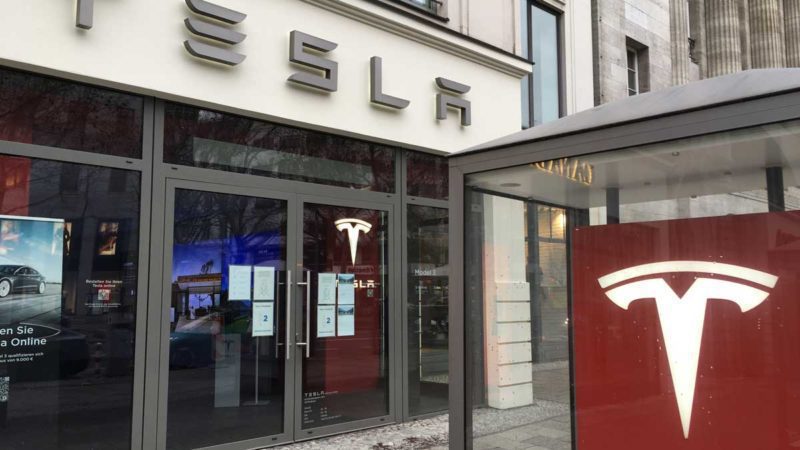Tesla CEO Elon Musk’s fears of not doing well in Europe’s most significant car market have been allayed, and even before it has opened its Berlin Gigafactory there.
New auto sales figures from Europe show that one in four of Tesla’s European sales are now in Germany, with 26,000 units sold in the first three quarters of 2021.
The EV maker’s overall West European sales are now on par with Mazda and Jaguar Land Rover (its carbon pool partner) according to auto analyst Matthias Schmidt, who took the moment in new analysis to underscore Tesla’s status as a volume carmaker.
Noting Musk’s 2013 comment that, “I feel like if we can’t do well in Germany, then that’s not a good sign,” Schmidt says the latest figures are a sign this is no longer a concern.
Tesla sold more electric cars in Europe – where both the Model 3 and the Model Y are available – than in the UK, where a little more than 22,000 sold up to the end of Q3 2021.
But perhaps even more significant than that – the Model 3 became the number one best-selling car in all of Europe for September, according to the latest data from car sales site JATO.
There are various underlying reasons behind this monumental achievement, including other carmakers building less, but more expensive, vehicles to ensure profits amid the semiconductor crisis.
“Dealers continue to face issues with the availability of new cars due to the chip shortage. As a result, unwilling to wait more than a year for a new car, many consumers have turned to the used car market,” said Felipe Munoz, global analyst at JATO Dynamics.
Schmidt notes that an extension of London’s low emissions zones, as well as the recent UK fuel shortage, have likely also contributed to the recent sales milestone.
Also of interest is a tactic being taken by certain independent dealers such as this promotion here, which is seeing Model 3s essentially offered for a six-month trial.
According to a translation of the link above, the offer seems to suggest that German drivers buy a Model 3, and then after six months the dealer will buy it off them for the purchase price less the government’s €6,000 ($9,418) tax incentive if they don’t want to keep it.
“The German regulation states in order to receive the government purchase benefit the vehicle must remain in Germany for a minimum of 6-months,” notes Schmidt.
“It is then possible for these vehicles to be exported to another country and very likely at close to the new German list price which would mean a neat €6,000 profit or thereabout.”

Bridie Schmidt is associate editor for The Driven, sister site of Renew Economy. She has been writing about electric vehicles since 2018, and has a keen interest in the role that zero-emissions transport has to play in sustainability. She has participated in podcasts such as Download This Show with Marc Fennell and Shirtloads of Science with Karl Kruszelnicki and is co-organiser of the Northern Rivers Electric Vehicle Forum. Bridie also owns a Tesla Model Y and has it available for hire on evee.com.au.

